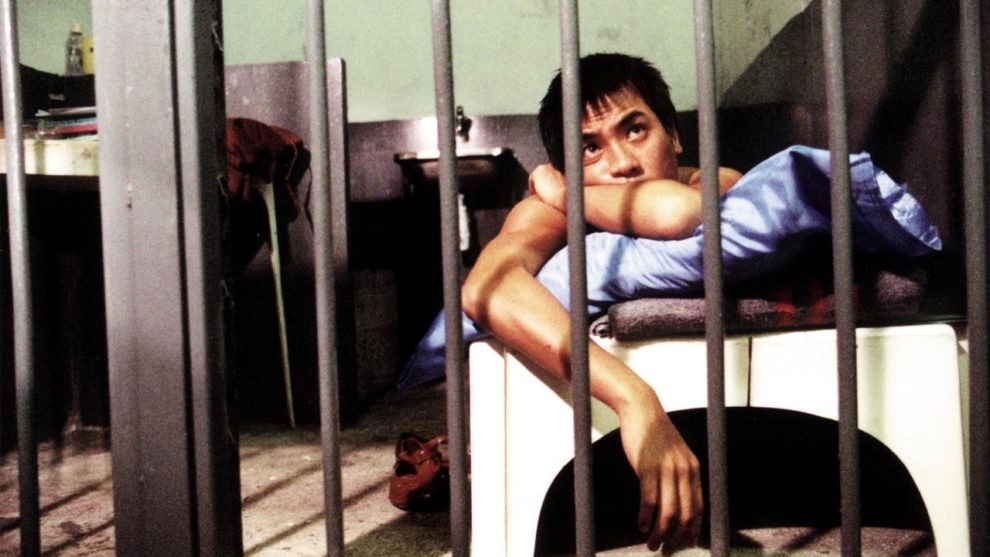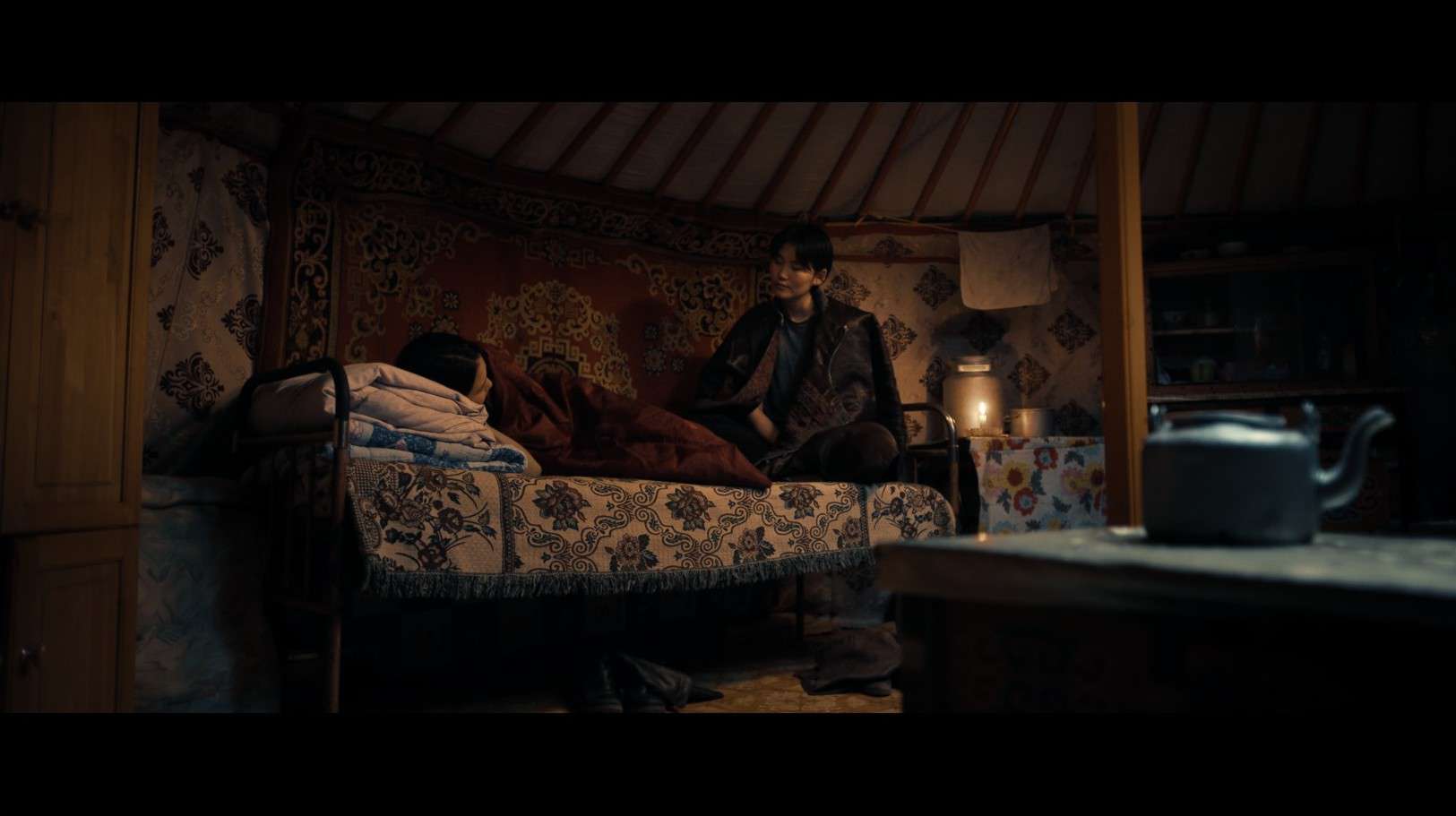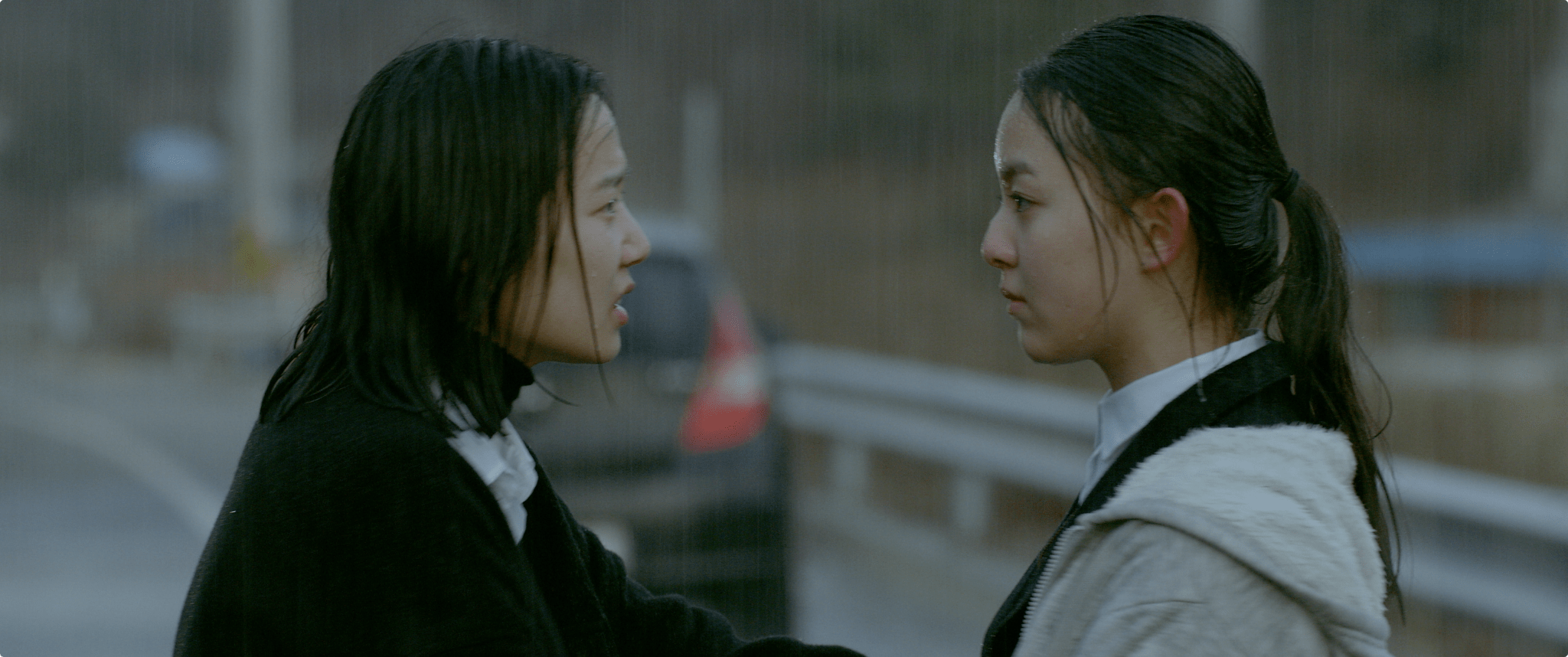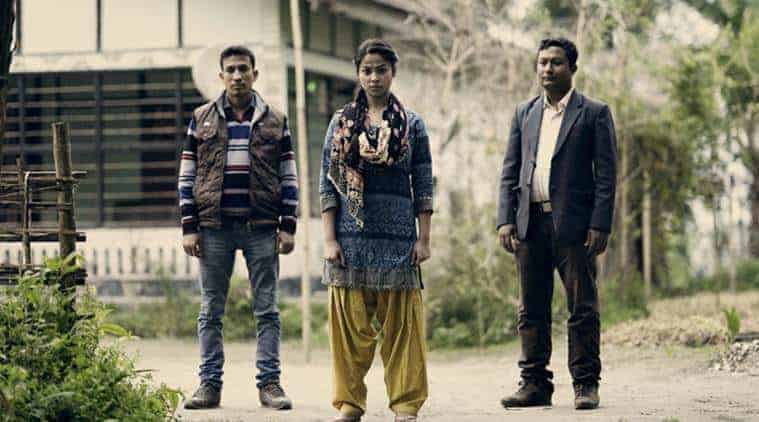Eclectic and prolific Hong Kong director Herman Yau has always been venturing into very different genres, often not caring about viability or box office, but just following what he wanted to do. This is definitely the case in “From the Queen to the Chief Executive”, a film dedicated to the fight for the human rights of the rather neglected category of criminal offenders. Yau came across the draft of a book by Elsa Chan, based on the true story of 23 men, sentenced as juveniles to be “detained at Her Majesty's pleasure” (a clause in British law allowing the government to leave young offenders to indefinite detention) and still, at the dawn of handover, waiting for a proper sentence, hanging in a jurisdictional purgatory about to turn very soon into hell. Yau thought it was a story that needed to be told and that had the potentials to become a film and therefore started a process that lasted for 2 years, quite a long time for the director's usual turnover, due to the predictable aversion of investors to finance a political film.
“From the Queen to the Chief Executive” is screening at Black Movie International Festival of Independent Movies
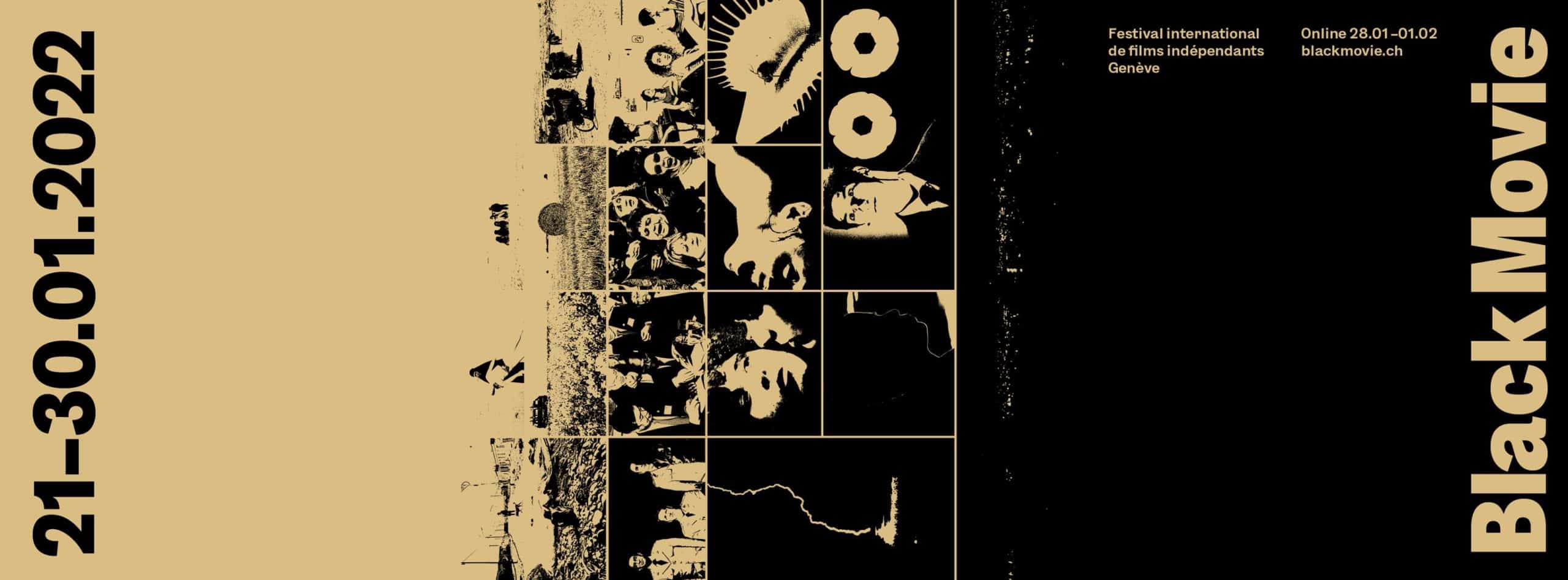
The film opens in 1997, with a rather poignant television footage of the Chief Executive of the Hong Kong Special Administrative Region being sworn into office, followed by Councillor Leung Chung Kan (Stephen Tang) making an appeal to the very Chief Executive with underwhelming results. The story then goes back to 1985, when the three main characters of the movie are still unaware of each other. One is Leung, the future Councillor, already involved in social work, helping factory workers in their fights for better working conditions. Another is the teenager Cheung Yau Ming (played later as an adult by David Lee) who gets involved with 4 older kids and participates in the gruesome gang rape and murder of a British couple in a park, a front-page incident that echoed for many years later. The third is the girl Yue Ling (played as adult by Mainland singer Ai-jing). Abused by a sleazy uncle and angry at her mum for taking her to Hong Kong from her Mainland hometown, she eventually ends up in trouble.
12 years later the paths of these people have crossed; Ming and others like him are still in jail, trapped in a legal limbo, with no hope of parole and even less of a future. In the meantime, Yue Ling gets to know Ming through his prose and starts a sweet friendship with him. She eventually incites and joins Urban Councillor Leung in his hard fight to have the sentences defined, organising demonstrations and coordinating the families of the prisoners. But it's a race against time as the approaching handover and the consequent Mainland takeover of the legal cases would only worsen the situation and, on top of that, Mr. Leung's term of office will end with the termination of the Colonial rule.

The film is tangibly one of Tau's pet project; his determined desire to give some justice and visibility to the victims of a legal loophole that it's fairly unjust. The formula “detained at Her Majesty's pleasure”, as disturbingly comic as it sounds, was intended to be a lighter, lenient punishment, but its uncertainty made it instead more similar to a life sentence. Young men had no hope for a future, no life after prison to look forward to, and no direction to channel their studies and job training during their rehabilitating path in prison. This intricate matter raises questions about the role of imprisonment, the real meaning of a life sentence and even challenges the capital punishment. Although even the Court of International Human Rights has established that giving a prisoner an indefinite sentence violates their basic human rights, on the other hand, compassion for former criminals is not something easy to ask to the general public. As the movie shows, some Hongkongers were reluctant to empathise with people who once committed murder, and even had violent reactions against the demonstrations organised by Mr. Leung.
For its intrinsic subject matter, the film is almost a documentary, and it includes some interesting clips of real footage. But to make it more palatable and less dry, some elements of melodrama have been cunningly injected into the story. The character of Yue Ling in particular, is the humanistic connective tissue that keeps the other characters together. As a trick, it works most of the time, although her sweetness and over-cute eyes can become grating at times. Having a shady past herself, she is also a script's device for introducing the concept that juvenile criminals often come from a childhood of abuses and neglects. Moreover, an emphasis on the despair of the families of those imprisoned men is another way Yau uses to worm its way through the audience's empathy.
The director has taken great care in casting the three character the film focuses on, choosing actors with a sense of righteousness and similar traits to the fictional characters. Ai-jing, an old friend of the director, was favored for her Mainland origins and her critical feelings toward Hong Kong. Yau also went to great lengths to visit the real Ming and talk to him in person at the Shek Pik Prison. The inmate's kind manners and timid spirit are very well represented in the fictional character and perfectly conveyed by David Lee. However, the driving force of the film is undoubtedly Mr.Leung. Stephen Tang is terrific in the role of the troubled and tireless Councillor, using his many years of stage performing experience to deliver a blend of incredible strength and resolution but also a human softness that the script highlights in the episodes of his troubled personal life.
All in all, “From the Queen to the Chief Executive” is a true-crime movie with a heart and a soul. In a popular and understandable cinematic language, Herman Yau advocates for voiceless, forgotten men, deprived of civil rights, and points the finger at the problematic duality of Hong Kong's legal system on the verge of the handover to China. In doing so, he also manages to draw a spotless picture of the anxiety and uncertainty of Hong Kong's post colonial future.


